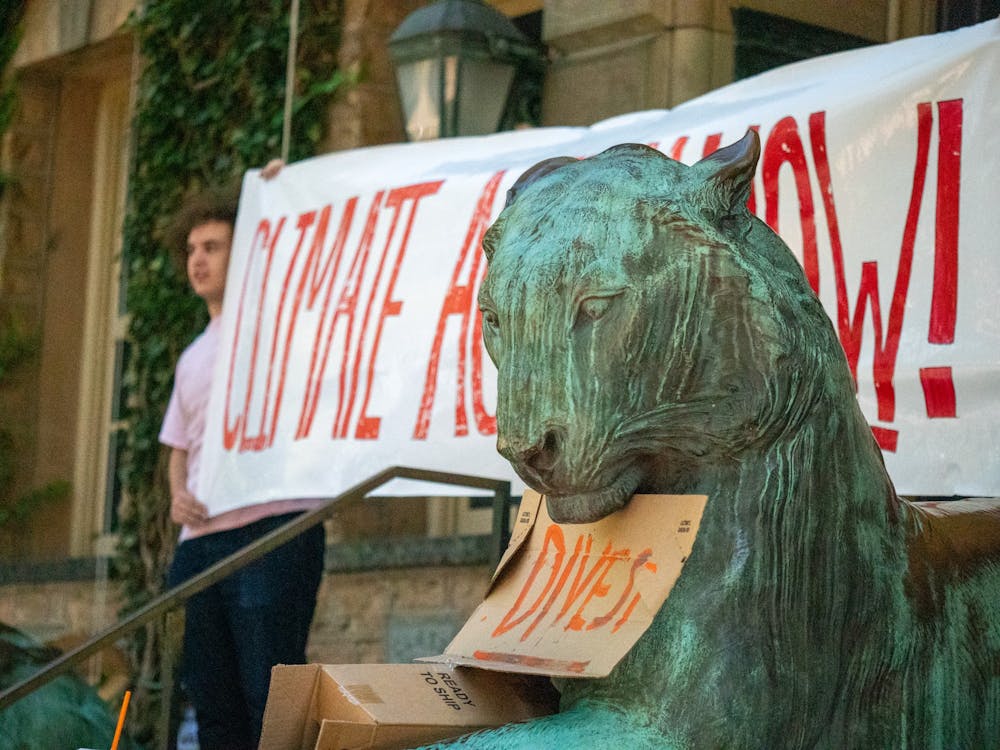However, there is still substantial room for improvement in the way that Princeton presents internship and job opportunities to students. Although Princeton provides students with a wide variety of employment opportunities, there is a bias toward internships provided by big corporations and inadequate information about jobs with smaller firms and public-service organizations. In light of these ongoing problems, Career Services and Princeton administrators should continue to invest resources in the expansion of internship and job opportunities available to students.
The first problem that Career Services should address is the bias toward internships and jobs in particular fields. Namely, Career Services places finance and consulting internships too centrally within the options that they provide to Princeton students. These firms have the financial resources to recruit heavily at Princeton, explaining their oversized impact on the way that Career Services presents employment opportunities. Furthermore, 60 percent of Princeton graduates take full-time positions with financial services or consulting firms. Indeed, these opportunities could be more represented among Career Services listings because Princeton students are simply more drawn to these kinds of opportunities.
However, the next largest field for Princeton graduates is non-profits. It is clear that Princeton students have substantial interest in working for these organizations. It could very well be the case that there would be even more interest in non-profits if they were better supported by Career Services; however, non-profit positions are relatively scarce in contrast to the wide variety of finance- and consulting-related positions Career Services lists. Career Services ought to reinvest more of the money they receive from finance and consulting firms into programs that bring public-service jobs and internships to campus. Currently, finance and consulting firms have a privileged place in the recruitment process. That privileged position must be balanced by a greater investment of resources in public-service jobs and internships.
The second problem that Career Services ought to address is the lack of adequate information about available public-service internships. Public-service internships exist in a wide variety of contexts around the country and internationally. There are far more organizations doing interesting work in public service than Princeton Internships in Civic Service and the International Internship Program can support. As a result, Career Services and the University administration should expand these programs or create new programs like them. Otherwise, the opportunities available to Princeton students in public service provided by the University will fail to match the wide variety of opportunities that could be available to them in this field.








